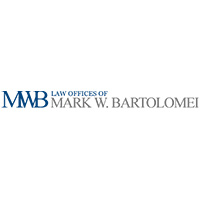Charlton Depot Criminal Lawyer, Massachusetts
Sponsored Law Firm
-
 x
x

Click For More Info:
-
Adam P. Beck, M.D., Esq.
25 Marston St Suite 303 Lawrence, MA 01841» view mapAccident & Injury Law Legal Expertise You Can Rely On
By working with lawyers who are also doctors, clients can benefit from advocates who have a deeper understanding of their physical injuries, medical needs, and prognoses.
800-383-8491
Frederick C. Rushton
✓ VERIFIEDSince 1994, Attorney Frederick C. Rushton has provided comprehensive legal counsel and representation in matters of Personal Injury, Family Law, Crimi... (more)
Marina R. Matuzek
✓ VERIFIEDMarina R. Matuzek is a practicing lawyer in the state of MA handling Bankruptcy and Family Law cases.
Mark W. Bartolomei
✓ VERIFIEDAs the founder of the Law Offices of Mark W. Bartolomei, Mr. Bartolomei is a highly skilled and dedicated attorney focused on providing outstanding le... (more)
James J Kaeding
FREE CONSULTATION
CONTACTFREE CONSULTATION
CONTACTFREE CONSULTATION
CONTACTSteven David Power
FREE CONSULTATION
CONTACTFREE CONSULTATION
CONTACT Adam Beck Lawrence, MA
Adam Beck Lawrence, MA AboutAdam P. Beck, M.D., Esq.
AboutAdam P. Beck, M.D., Esq. Practice AreasExpertise
Practice AreasExpertise



